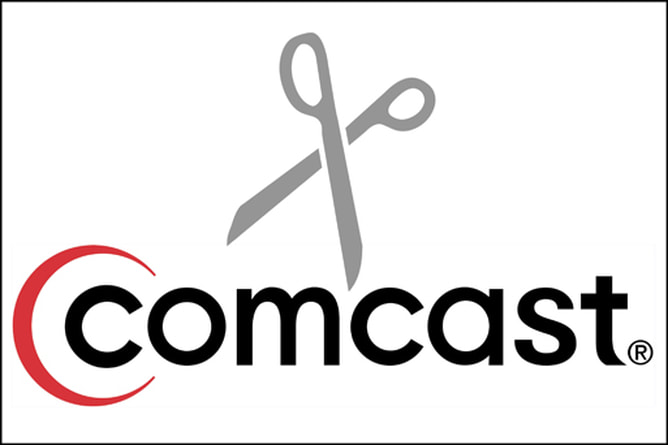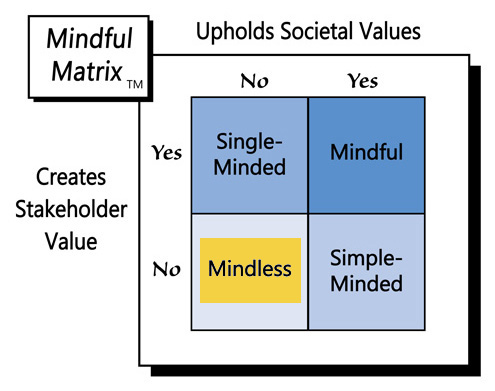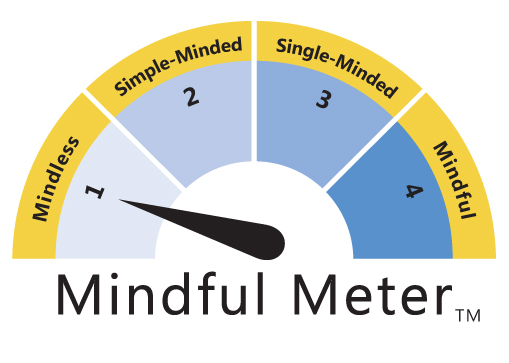If you’ve ever attempted to close your cable plan, you know how agonizing it can be. The request seems simply, yet you’re forced to reassess and defend the decision as if you’ve asked to take a loved one off life-support. The manifold interrogation often unfolds as follows:
“Are you sure you want to cancel?”
“Why do you want to cancel?
“I need to transfer you to our customer loyalty department.”
“Why do you want to cancel?”
“Have you considered these other options?”
“Do you realize that if you cancel, you’ll lose . . . . ?”
“What can we do to keep you from cancelling?”
“Are you sure you want to cancel?”
The preceding paragraph may appear to be hyperbole, but it’s not. Unfortunately it’s easy to find on-line examples of how the Comcast, the nation’s largest cable company, has made life miserable for those wanting to end their agreements. For instance, a 66-year-old Minnesota man couldn’t get Comcast to cancel his contract even after his house burned down. Another excruciating example is an actual recording of a conversation that a Comcast representative had with podcaster Ryan Block, who repeatedly and rationally asked to have his service disconnected.
Equally telling, a new industry has sprung up in response to Comcast customers’ dilemma. For $5.00 Airpaper will “cancel your Comcast service for you.” Airpaper avoids the tortuous phone track by taking a lesser used approach to termination--a letter requesting cancellation that’s imbued with the customer’s information and mailed to the cable giant on the customer’s behalf.
In Californian people have become so agitated over Comcast’s resistance to canceling customers’ plans that one legislator has proposed a law that would force the company to significantly ease the path to exit. Los Angeles Assemblyman Mike Gatto recently introduced the bill, which “would allow Californians to cancel their Internet or cable services online with ‘one click.’” That’s right, select a single button and your subscription is stopped. The rationale for the law, as expressed by Gatto, is profoundly simple: “if you are able to sign up for a service online, you should also be able to cancel it the same way.”
Some have called the bill, which is officially known as AB2867, “Ryan’s Law,” because Gatto cites Ryan Block’s very unpleasant phone call with Comcast in the proposed legislation. The bill’s press release also quotes Block.
So, perhaps Comcast is over-zealous about keeping customers, but isn’t retention what every organization wants and needs to do? Companies can’t exist without clients, and experience says it’s more cost effective for an organization to keep the customers it has, rather than constantly onboarding new ones. Or, as the old saying goes, “A bird in the hand is worth two in the bush.”
Certainly customer retention is critical, but how it’s achieved is also very important. Consumers should remain in relationships because they receive value, not because they’re coerced into continuing. Whether it’s in a commercial context or a purely social setting, no one wants to feel trapped by psychological pressure or manipulation.
It’s a very bad sign when a company has to resort to such hard-handed tactics to keep customers. Such an approach suggests that the firm’s value proposition is inadequate, which is one of the most serious weaknesses an organization can have. Over the last few years, Comcast and other cable companies have experienced increased “cord cutting,” as more consumers realize that “$180 is way too much to pay for too many bad TV channels.” Such recognition has led to a mass exodus of hundreds of thousands of cable subscribers per quarter across the nation’s 13 top cable providers.
Of course, Comcast and its competitors want to stem that tide. Anytime organizations lose customers, it’s helpful to know why they leave—that information can potentially be used to make improvements that can increase value for everyone. Comcast already knows, however, why its customers want out. It’s tactics, therefore, are simply aimed at erecting higher barriers to exit, with the hope that fewer people will have the resolve to surmount them.
In terms of ethical fails, it doesn’t get much worse than when government needs to step in and create a law in order to stop a particular business practice. Comcast’s oppressive approach to customer retention certainly fails to create stakeholder value, and it violates societal values of fairness and respect. In short, the cable company’s practice is a clear case of “Mindless Marketing.”
Learn more about the Mindful Matrix and Mindful Meter.
Check out Mindful Marketing Ads and Vote your Mind!




 RSS Feed
RSS Feed